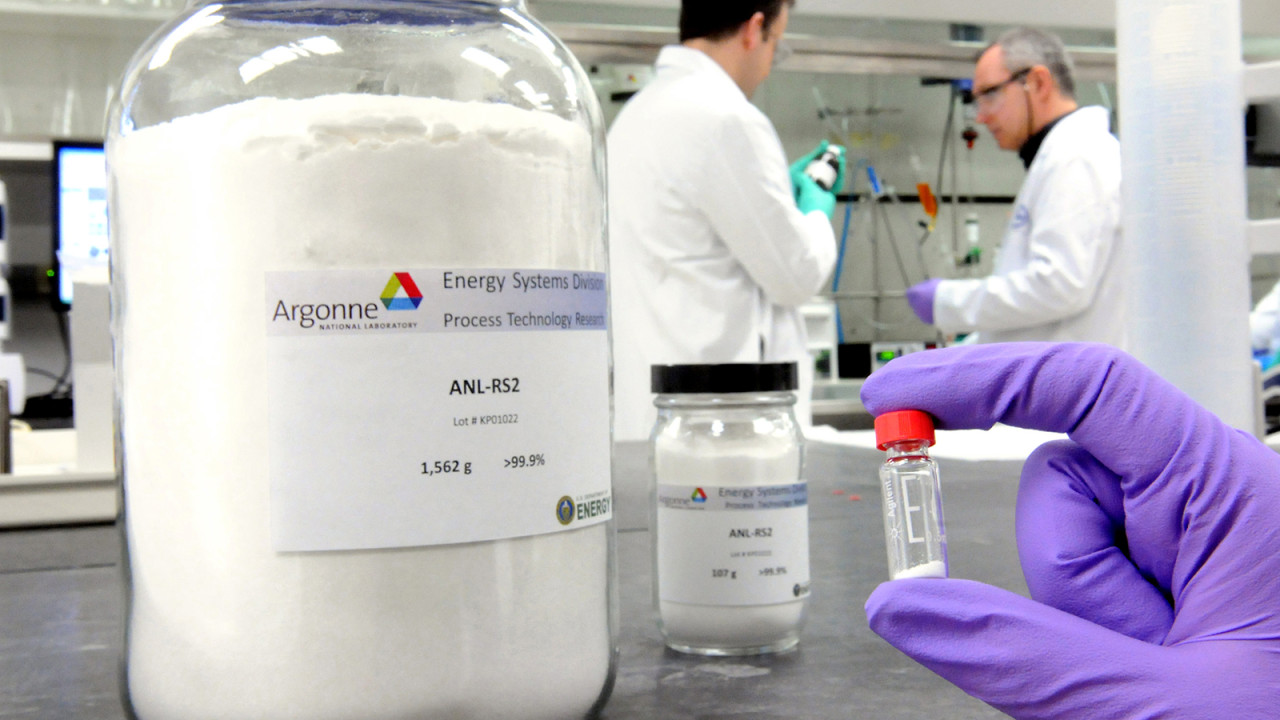US Department of Energy announces $125 mn funding for next-generation battery technology
The US Department of Energy has announced $125 million in funding for two innovation teams to provide the scientific foundation needed for next-generation batteries.
The two teams are the Energy Storage Research Alliance (ESRA), led by Argonne National Laboratory, and the Aqueous Battery Consortium (ABC) led by Stanford University.
"ESRA will provide the scientific underpinning to develop new compact batteries for heavy-duty transportation and energy storage solutions for the grid with a focus on achieving unprecedented molecular-level control of chemical reactivity, ion selectivity, and directional transport in complex electrochemical cells," the DOE said in a statement.
"ABC will focus on establishing the scientific foundation for large-scale development and deployment of aqueous batteries for long-duration grid storage technologies," the statement further said.
Both teams will prioritize study and use of materials abundantly available, in a bid to mitigate supply chain risks and reduce the sector's dependence on lithium.
Harriet Kung, the US DOE's Acting Director for the Office of Science said of the grants: "Today's awards provide our Energy Innovation Hub teams with the tools and resources to solve some of the most challenging science problems that are limiting our ability to decarbonize transportation and incorporate clean energy into the electricity grid."
Shirley Meng, ESRA director, chief scientist of the Argonne Collaborative Center for Energy Storage Science and professor at the Pritzker School of Molecular Engineering at the University of Chicago commented separately: "The demand for high-performance, low-cost and sustainable energy storage devices is on the rise, especially those with potential to deeply decarbonize heavy-duty transportation and the electric grid. To achieve this, energy storage technology must reach levels of unprecedented performance, surpassing the capabilities of current lithium-ion technology. The key to making these transformative leaps lies in a robust research and development initiative firmly grounded in basic science."
















